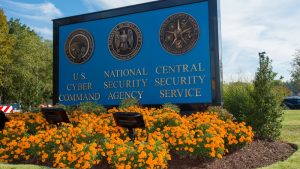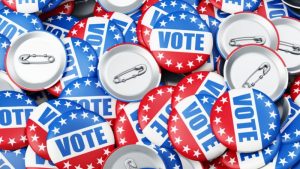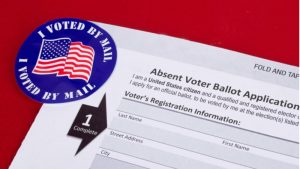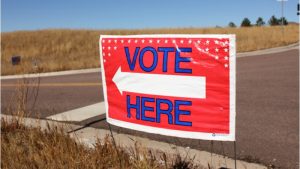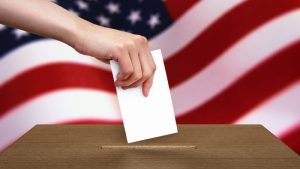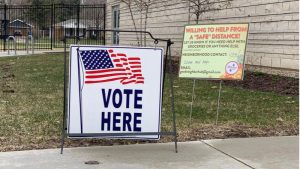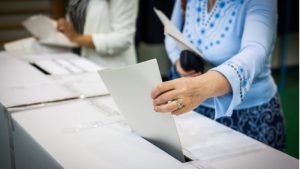The National Guard and U.S. Cyber Command have formed a partnership to open lines of communication between state and local governments and the military’s top cyber force to address the top priority of the command - the 2020 elections.
Election security experts at the Brennan Center for Justice released a new guide June 5 on how to protect elections during the COVID-19 pandemic, specifically calling attention to existing resources from Federal agencies and the need for more Federal funding.
As states shift their voting processes and procedures due to the COVID-19 pandemic, another element of the process for states has been subject to change—Federal funding, an inconsistency that has caused local election officials to adapt on the fly.
With the COVID-19 pandemic putting significant financial pressure on states nationwide, Rep. Joe Neguse, D-Colo., introduced the Secure Our Elections Act to eliminate a requirement for states to match a portion of Federal funding received for election security.
As election officials adapt to voting during the COVID-19 coronavirus pandemic, fellows at the Brookings Institution are calling for a return to paper ballots to keep elections secure.
The U.S. 2020 general election is drawing ever closer, but complications posed by the ongoing COVID-19 pandemic are adding an enduring set of worries for conducting a smooth election process. Public health experts and election officials alike remain largely stumped on the best ways to conduct the general election amid the pandemic.
As the COVID-19 pandemic continues to play out with no firm end-date in sight, its impact on major events has been felt widely and the status of future events grows only more uncertain.
With COVID-19 dominating the national conversation, there has been growing discussion about how to reduce crowds and lines at polling places during the 2020 election cycle. One possibility is to enable voting via smartphones. However, cybersecurity experts remain incredibly cautious given security concerns.
A group of graduate researchers from the University of California-Berkeley trained a machine learning model to predict voter preferences using only readily available personal information, suggesting further-reaching implications on the use of AI to infer voter behavior and potentially influence elections.
State and local election officials said at the RSA security conference in San Francisco on Feb. 24 that Federal election assistance funding has been vital to their efforts to shore up election infrastructure security over the past few years.
